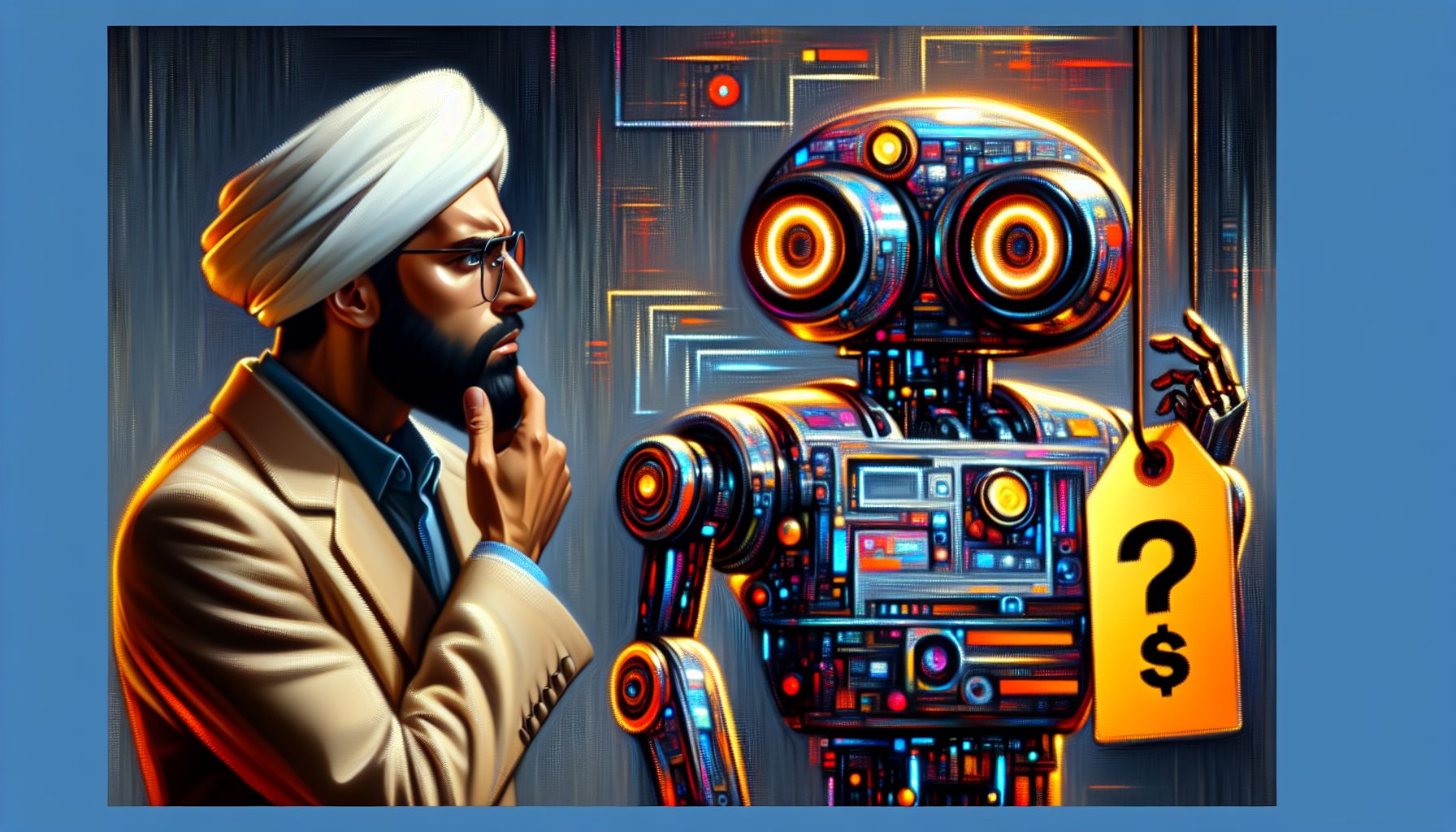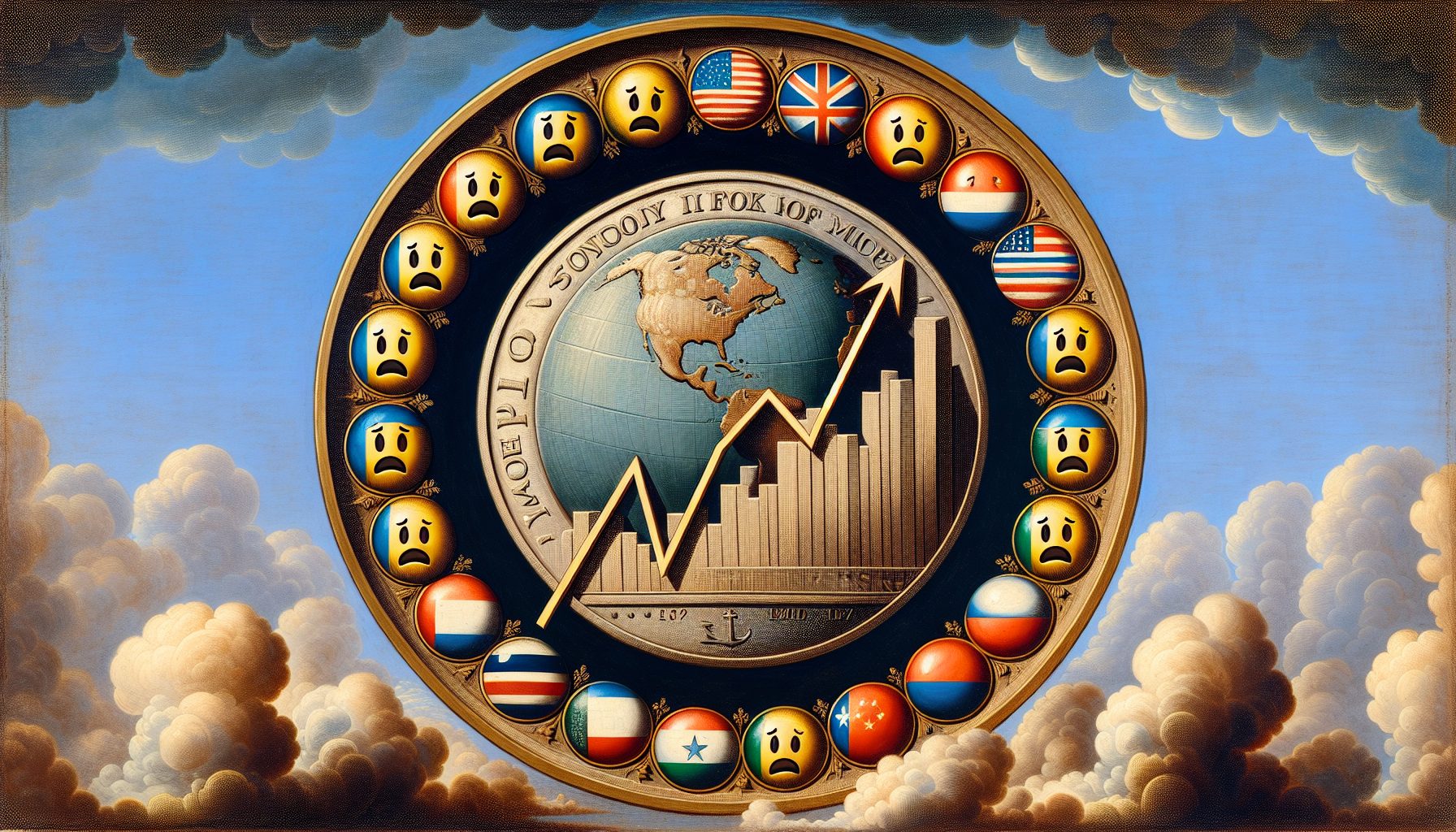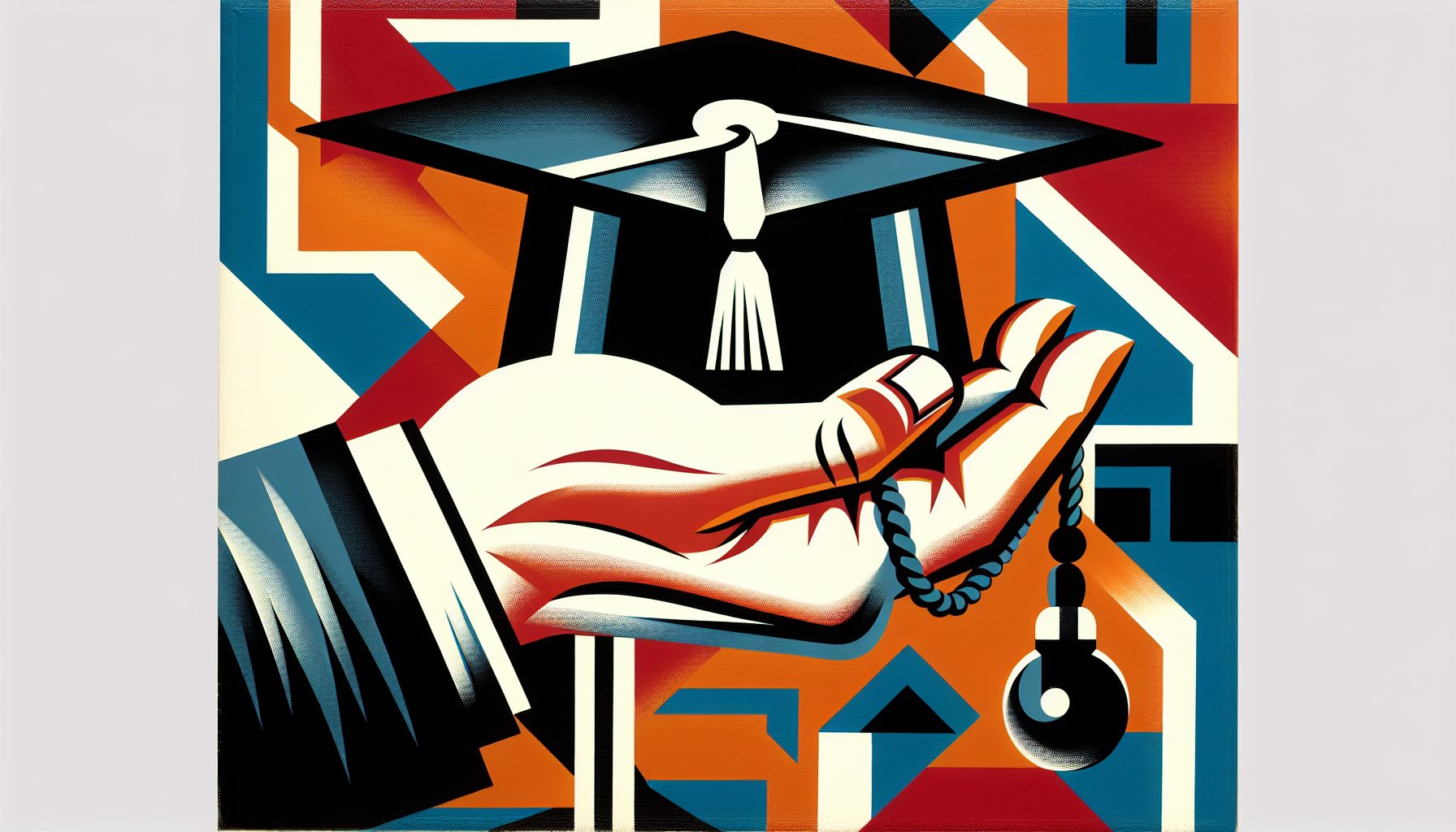Following a time of mass avoidance in the aftermath of the dot-com bust, the U.S. IT work force is facing a shortage of people, according to the Commerce Department’s technology czar.
“The IT work force is not skilled enough and almost never can be skilled enough,” said Robert Cresanti, undersecretary of commerce for technology, in an exclusive interview with eWEEK editors. “There are not enough engineers with the appropriate skill sets.”
Cresanti said U.S. colleges and universities are not enrolling enough engineering students, resulting in a dearth of information technology professionals. In addition to boosting engineering enrollment, he urged opening the gates to more foreign workers, including H-1B holders. “Without H-1B visas, we would have economic dislocation,” Cresanti said.
 The third quarter exhibits a sharp drop in IT worker confidence. Click here to read more.
The third quarter exhibits a sharp drop in IT worker confidence. Click here to read more.
Speeding up processing of student visas is also needed, he said. Many foreign students are unable to study in the United States because tight visa policies in the wake of 9/11 are preventing them from doing so. “It’s not just India, but other countries like Russia and Israel,” he said.
On the question of software patents, an issue that is vexing many software vendors, particularly smaller ones, Cresanti said he supports the issuance of tightly defined patents on software. He said the U.S. Patent and Trademark Office has made its practices more rigorous in recent years, a significant improvement over the previous era in which patent examiners were rewarded for filling patent quotas.
Even so, he said the patent office itself estimates that it grants as many as 10,000 questionable patents annually. Some improvements to the patent system could come from bills that are currently pending in the House and Senate.
Having returned from a recent trip to China, Cresanti said he was “blown away” by the amount of investment in research facilities and schools. “Virtually every senior government official I met was an engineer,” he said. “They are ramping up in the most profound way. Math and science are ingrained. We’re a country of laws and men. They’re a country of engineers.”
One obstacle to technology trade with China—intellectual property—is always the No. 1 topic of discussion whenever federal trade officials meet with the Chinese, he said.
As far as future technologies are concerned, Cresanti said nanotechnology is the most important. Although he said health concerns about nanotechnology need to be addressed, “We cannot afford not to be leaders in nanotechnology. It’s the way everything will be made,” he said.
 Check out eWEEK.com’s for the latest news, reviews and analysis on IT management from CIOInsight.com.
Check out eWEEK.com’s for the latest news, reviews and analysis on IT management from CIOInsight.com.








